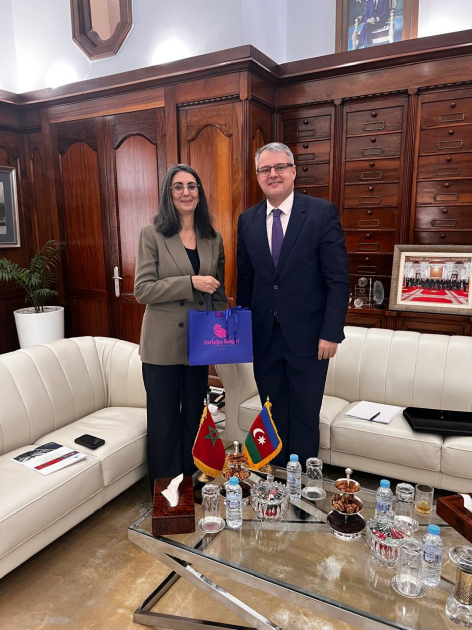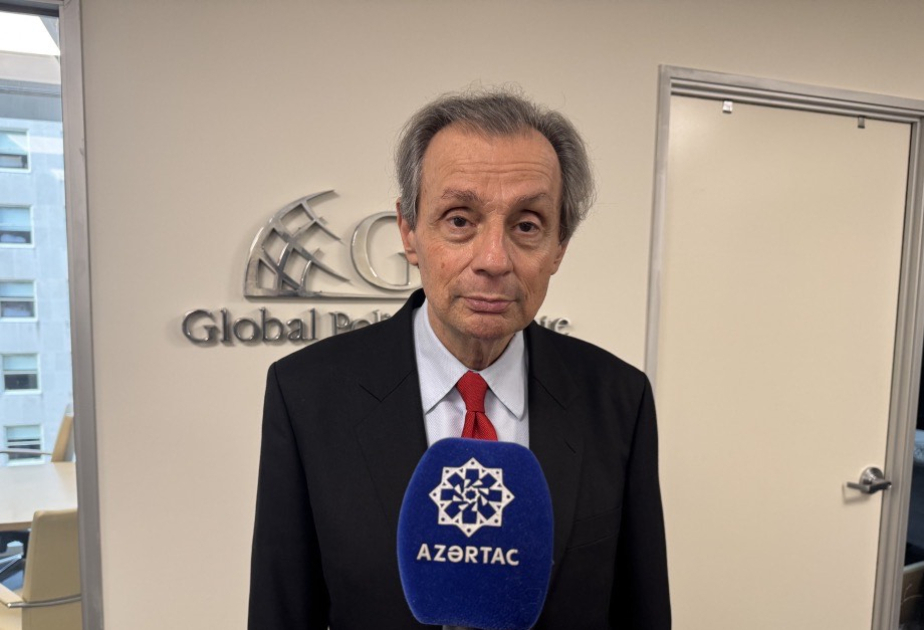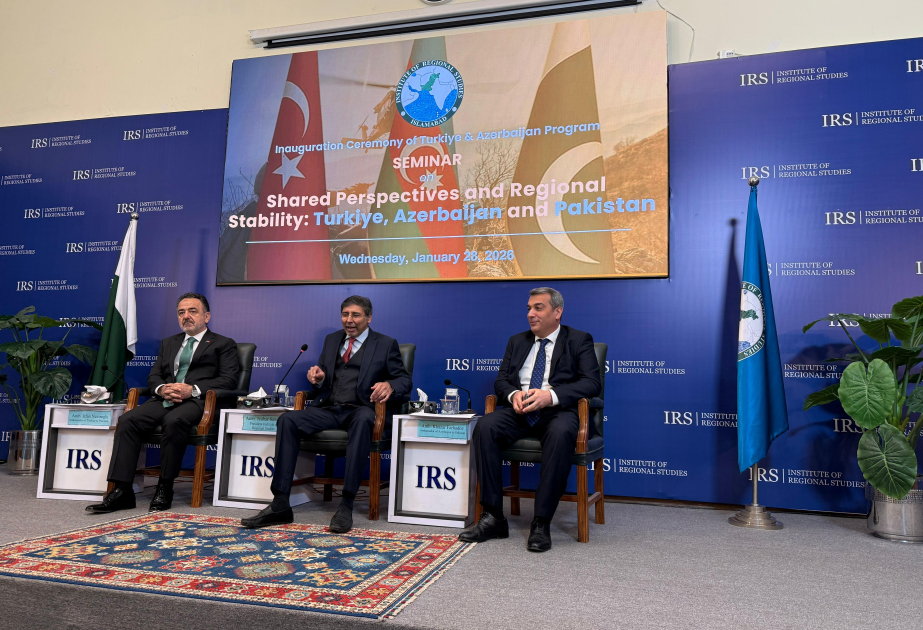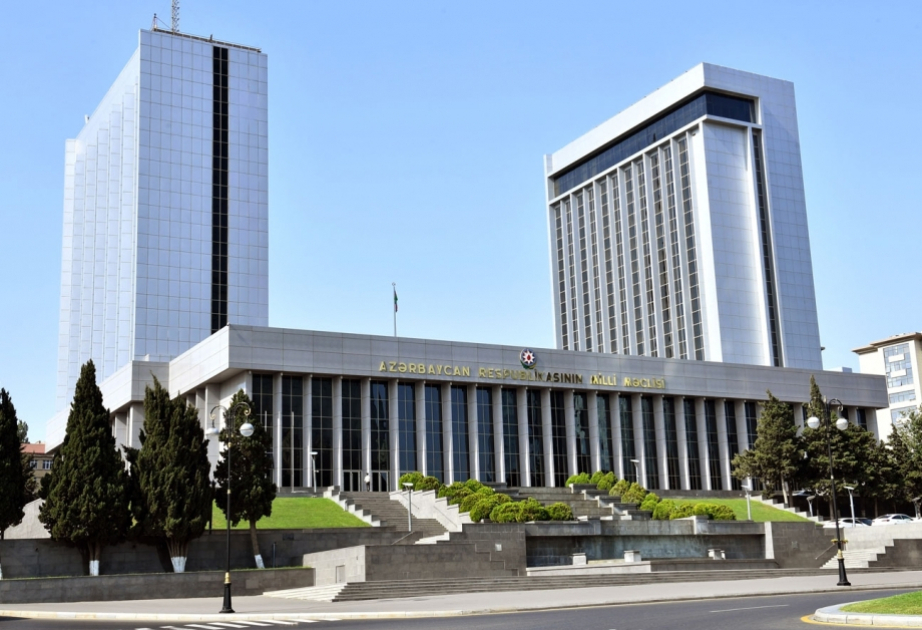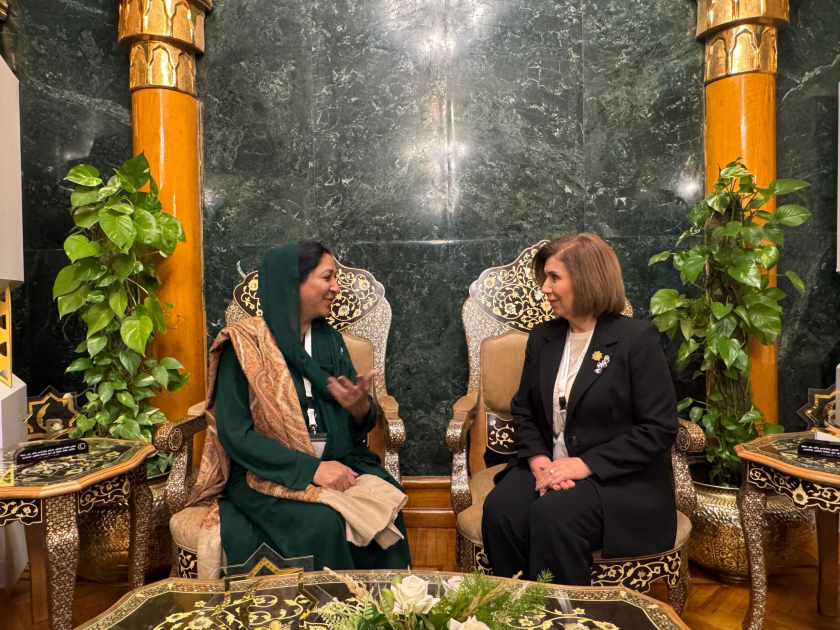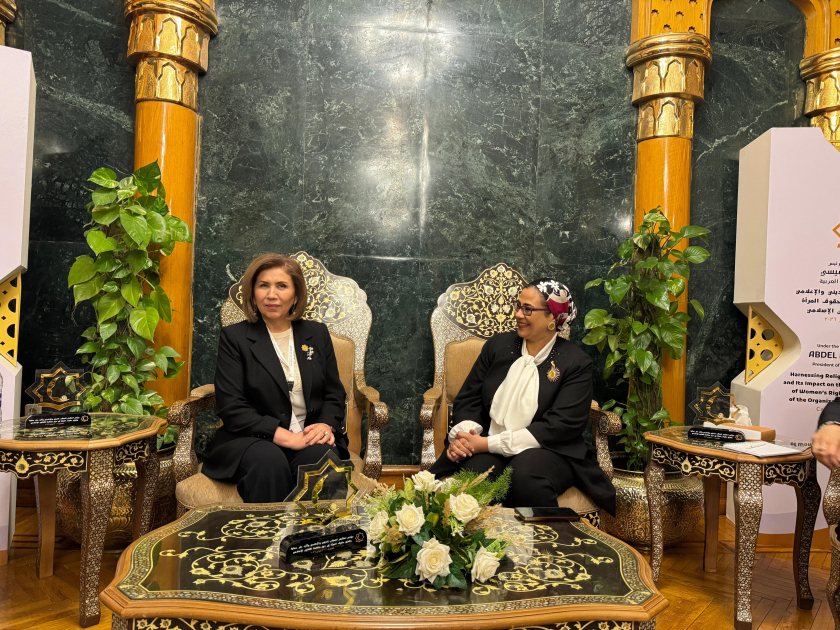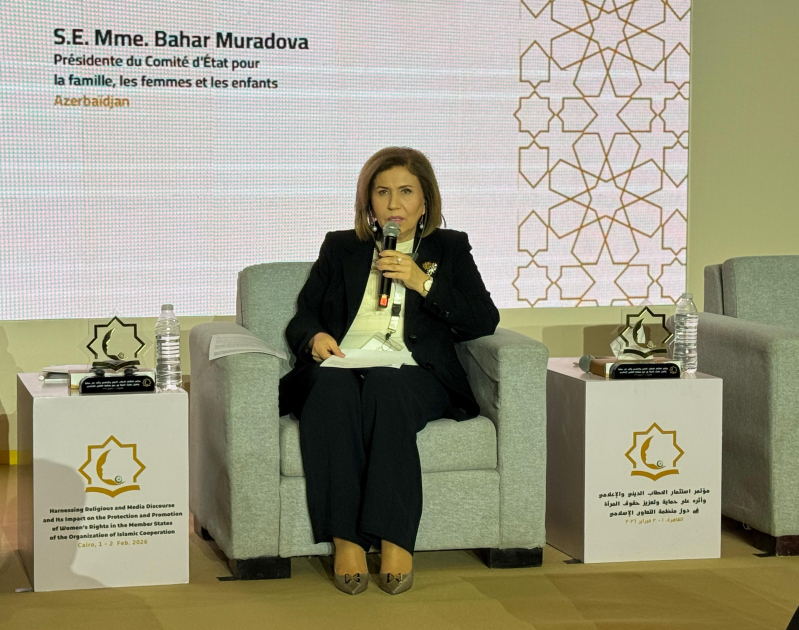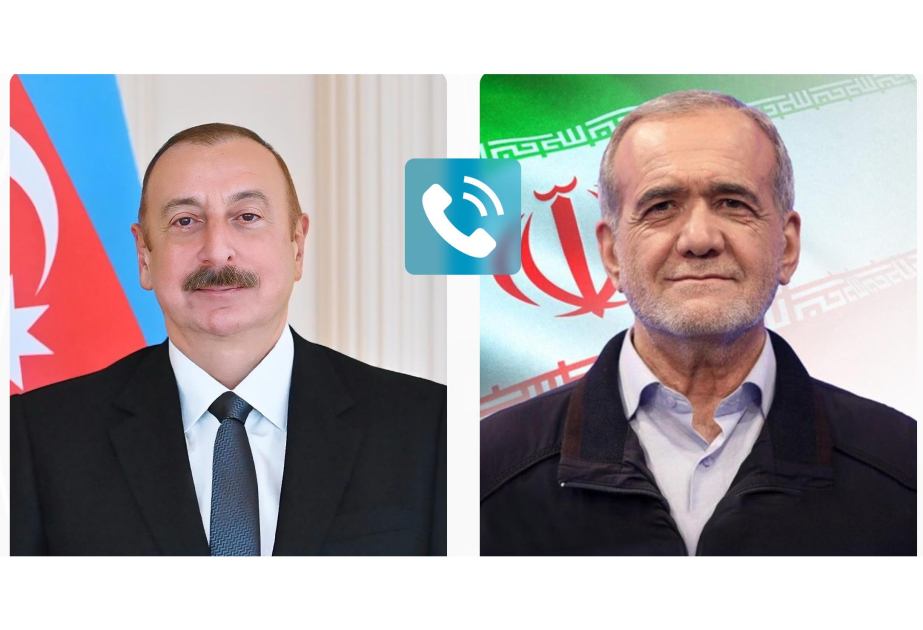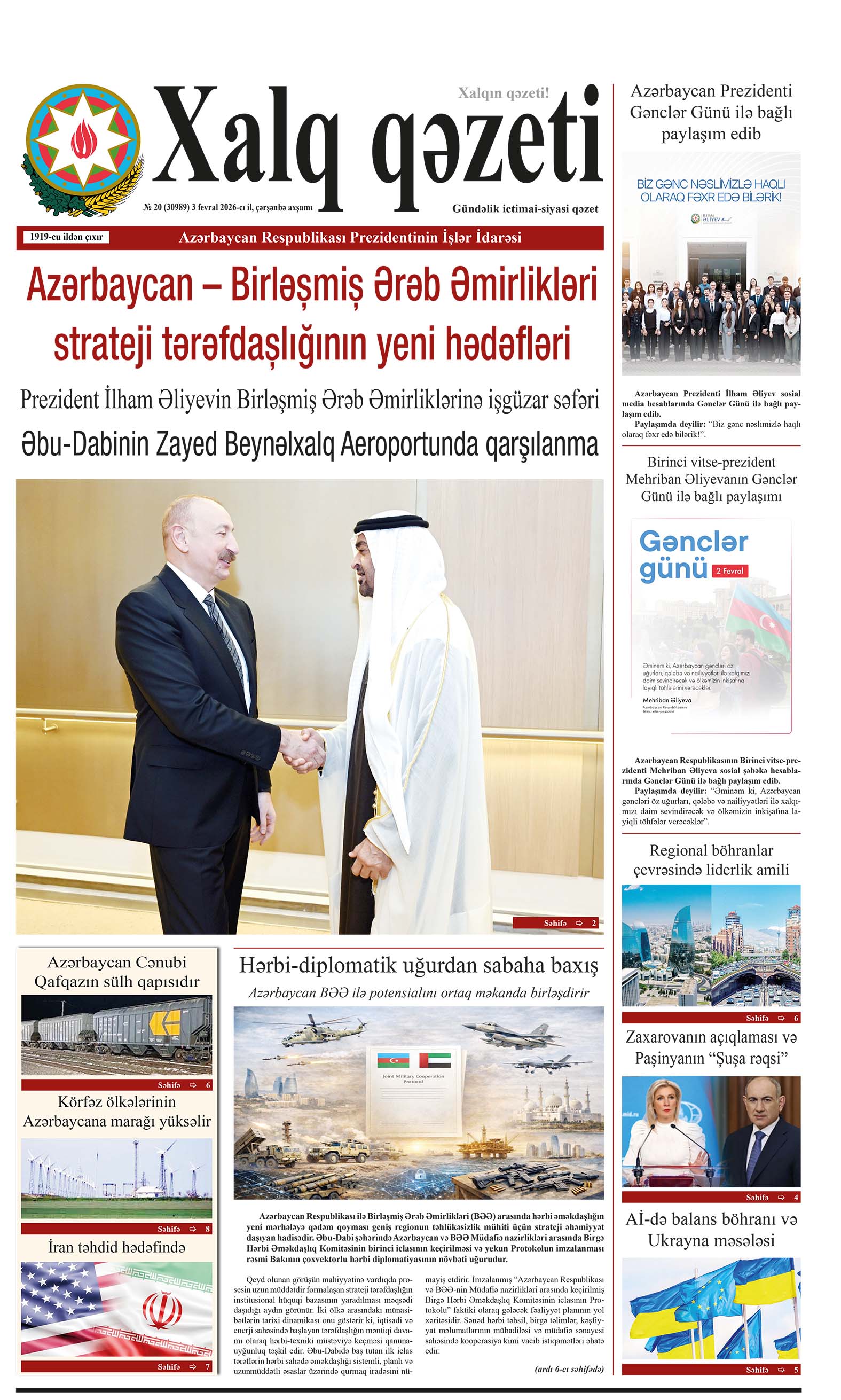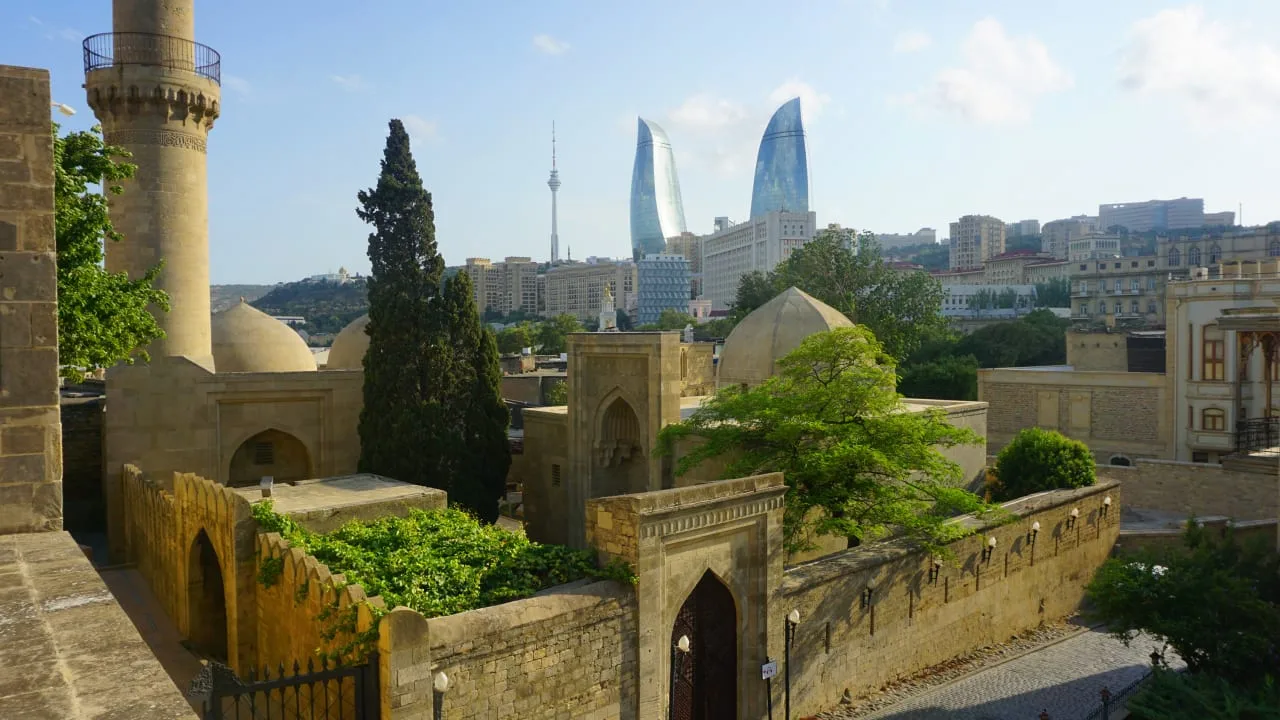This is exactly what Baku expects from the new round of negotiations
Although there was a pause in the bilateral negotiations due to known reasons, the work on the text of the peace agreement continues. After the meeting between President of Azerbaijan Ilham Aliyev and Prime Minister of Armenia Nikol Pashinyan within the framework of the Munich Security Conference, a decision was made to restart the process.
Thus, it is obvious that the German capital is trying to seize the initiative as a new platform for peace dialogue. Today, the meeting of the heads of foreign affairs of Armenia and Azerbaijan begins in Berlin. It is not in vain that Baku hopes for pragmatic German precision from this platform of peace negotiations. We can say that these hopes are based on a specific motive at this stage. There are not a few people who evaluate this initiative of Germany, which has the image of being "led by" France in the European Union, as an attempt to fulfill hopes and to rehabilitate itself. It will now be clear how official Berlin will take advantage of this chance.
* * *
For now, it can be said that the dialogue on the peace agreement between Baku and Yerevan has moved from a temporary deadlock. "Even though no agreement was reached during the last five months, peace and tranquility prevailed on the border with Armenia," said Azerbaijan's Foreign Minister Jeyhun Bayramov, accusing certain circles that are not interested in peace of creating tension.
"For nearly five months, the conventional border between Azerbaijan and Armenia has been the most peaceful period. "Some circles are worried about this issue and are doing everything they can to change the situation and create tension." J. Bayramov, who expressed these words in his statement to the media about the upcoming meeting, clearly emphasized that the activity of the European Union mission creates tension on the conventional border: "The activity of the European Union mission on the border, the arrival of various Western diplomats to the border in the absence of tension serves to keep this issue on the agenda and present it as tension. does. After the meeting initiated by Scholtz, the importance of the development of the peace process was highlighted and dialogue was agreed upon. But immediately after that, we witnessed the statement of the French president, then the visit of the defense minister of this country to Armenia and his inflammatory statements."
In fact, the Berlin meeting of the foreign ministers of Azerbaijan and Armenia can be considered as the next stage of the bilateral peace negotiations between the parties, which were resumed in Munich on February 17. It was decided to continue the agreement reached in Munich against the background of the tension of the situation on the conventional border due to Yerevan's fault. It can be assumed that if the Berlin negotiations take place in a positive way, the main issue that will be the subject of discussion between the parties will be related to the elimination of the recent escalation.
Another likely issue is the discussion on the final version of the 6th principle presented to Azerbaijan in the text of the peace agreement by the Armenian side on January 4, 2024, edited by official Baku and sent back to Yerevan. In the information circulated by the Armenian media these days, it is emphasized on the basis of which maps the delimitation and demarcation of the borders will be discussed in that proposal. Official Yerevan insists on defining the borders on the basis of the 1991 maps approved by the General Staff of the USSR army, that is, with reference to the period when the Alma-Ata Declaration was signed. However, Baku does not accept this position of Yerevan because Armenia violated the Alma-Ata Declaration by waging a war of aggression against Azerbaijan. In other words, in fact, he refused the administrative border of the Soviets. At least for this reason, the border line should be redrawn.
* * *
Baku issued its last warning to official Yerevan, which repeatedly refused peace talks with various excuses. "Armenia, which is looking for a new owner and taking refuge in someone's arms, should know that its only way is to accept all the conditions of Baku and give up its territorial claims against Azerbaijan." These words of the President of Azerbaijan, Ilham Aliyev, should be evaluated by official Iravan as their last chance. This post is also addressed to outside actors pursuing their own interests in the region.
U.S. Secretary of State Antony Blinken, who repeatedly reiterated that they will continue to support the bilateral dialogue, called the South Caucasus the key to achieving lasting peace in the region. That is, the official Washington has revealed that it always keeps in mind the process of normalization of mutual relations between Armenia and Azerbaijan, and takes a firm position in the steps it takes for the continuation of the peace agenda. The fact that the major powers have shown their support for the process of establishing peace and security in the South Caucasus indicates that the issue is in the center of attention at the international level.
Yes, the White House's efforts to achieve peace in the region soon are in front of everyone's eyes. Of course, their intersecting interests in this region are also of great importance. By the way, some time ago, the statement of Arun Venkatarama, assistant to the US Secretary of Commerce for global markets, director general of foreign trade services, that they support the development of the Middle Corridor, cannot be considered accidental. He specially emphasized that trade opportunities and circulation will increase sharply by making the Middle Corridor fully operational. The main point to be noted here is that Azerbaijan is one of the most important links in the Middle Corridor project, which has recently attracted everyone's attention and is becoming increasingly relevant. That is, in the near future, our country will have the opportunity to diversify international transit routes in one more direction. This will be realized at the expense of the Zangezur corridor.
Thus, Armenia and Azerbaijan entered the final and decisive phase of peace negotiations. At this stage, Yerevan, following its western "sisters" and exhibiting a non-constructive position, will hinder cooperation in the region and hinder its future development. In the past thirty years of occupation, Armenia has already lost a lot not only on the military, but also on the economic and political level. At this stage, the policy of obstructing peace can give it a bigger blow. It is the end of the road, there is only a dead end ahead. Yerevan will not be able to escape from this reality no matter which side it hits. Today, in Berlin, Baku invites Yerevan not only to peace, but also to a new cooperation platform. The biggest gainer here will be Armenia, which will have the chance to start a new stage of development...
Farid Shafiyev,
Head of the International Relations Analysis Center, political scientist
Unfortunately, I have no high expectations for the Berlin talks. The latest statements made by the official Iravan suggest that Armenia is still not fully ready for peace and does not accept our proposals. It is true that the Berlin meeting is also a dialogue format and we would like to hear some positive news from there. But there is very little hope for that. Because Nikol Pashinyan's views and accusations in his speech during his visit to Paris do not promise anything promising.
It is clear that the loser will be Armenia, not Azerbaijan. Yes, Baku has formed its own peace agenda and given its proposals on all issues to the other side. But there are also important issues such as our national interests and security. The fact is that our lands have been under occupation for thirty years. Now Azerbaijan's position is based on this factor. Baku will never allow the situation to reach this level again.
That is, taking all this into account, I find it difficult to make optimistic predictions about the Berlin meeting.
Elkhan SHAHINOGLU,
Head of "Atlas" Research Center, political commentator
It is possible to evaluate the Berlin contact of the foreign ministers as a continuation of the meeting between the President of Azerbaijan Ilham Aliyev and the Prime Minister of Armenia Nikol Pashinyan in Munich. That meeting was held with the mediation of German Chancellor Olaf Scholz. It is true that then the official Berlin did not act as an active mediator, but still, the continuation of peace talks in Berlin after Munich indicates that Germany does not want to lag behind France as an international initiative. Because Azerbaijan does not accept the mediation of Paris, which is "famous" for its pro-Armenian position. Azerbaijan accepts Germany as a new dialogue platform, and Armenia does not object to it.
It is not right to expect great positive results from the Berlin meeting of the heads of foreign affairs of Azerbaijan and Armenia. The Munich dialogue was also not calculated for a big result. The main goal was to ease the adversarial tension in the relationship. The tension in the region has increased precisely because of the provocations of the Armenian side. We think that the purpose of the Berlin meeting is to soften the relations. A positive situation could be that the ministers achieve concrete progress on the text of the framework document. But it is difficult to say.
After a positive atmosphere was created at the last Munich meeting, France continued its disruptive activities. Pashinyan was summoned to Paris, where they filled his brain about military aid. The prime minister made provocative statements right there, accusing Azerbaijan of preparing to attack Armenia. A similar situation may arise this time. Although a positive atmosphere has been created between the parties in Berlin, Paris can still put pressure on Pashinyan and create tension on the border. It is true that the Chairman of the Armenian Parliament, Alen Simonyan, said in his latest statements that he is in favor of the normalization of relations with Azerbaijan and Turkey, and assessed the Berlin meeting as a step forward. But these are verbal gestures, Baku is waiting for real steps.
Imran Badirkhanli
XQ


.jpg)
